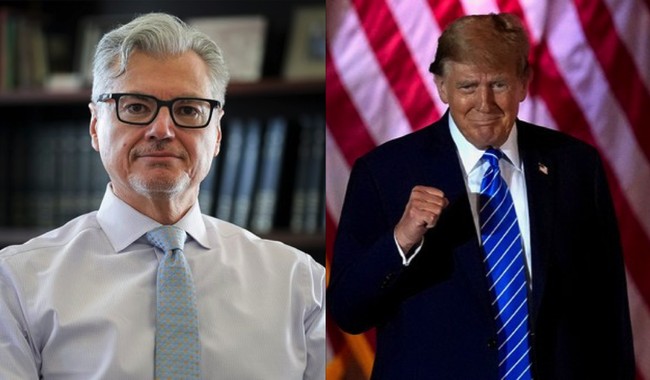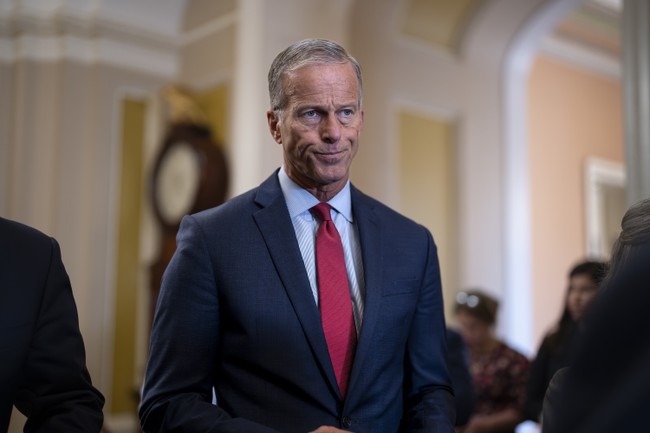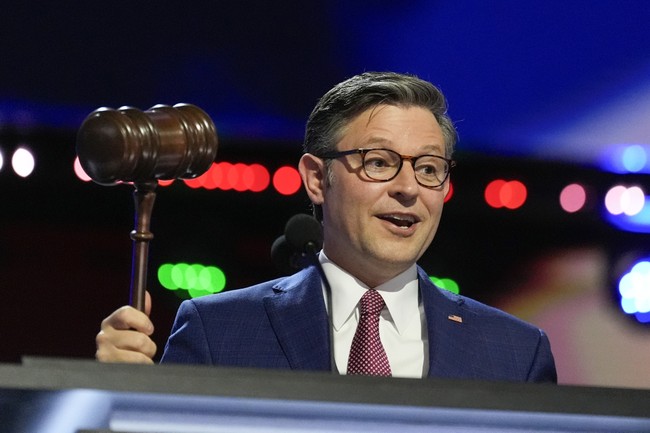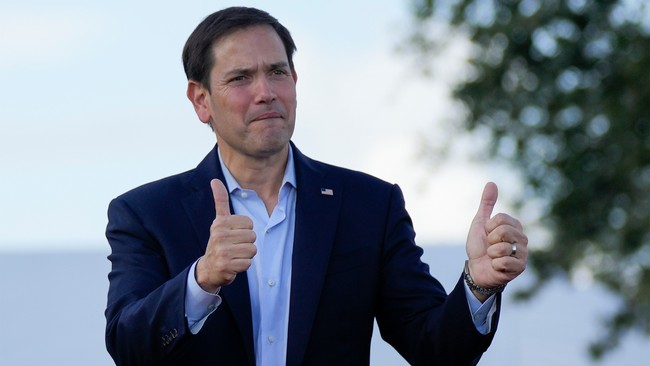Will Trump's Legal Battles Affect His Presidency?
As Donald Trump embarks on another term, legal challenges loom large. Judge Merchan's decisions and Supreme Court rulings may redefine presidential immunity and accountability.
Published November 13, 2024 - 00:11am

Image recovered from redstate.com
The reelection of Donald Trump as President of the United States coincides with heightened scrutiny of his ongoing legal predicaments. Central to this unfolding drama is the case managed by Judge Juan Merchan in New York, where Trump was found guilty on 34 felony counts earlier in May. These charges stemmed from alleged financial improprieties, including hush money payments to Stormy Daniels, which Trump has consistently denied.
The outcome of this case is entangled with broader legal interpretations, particularly concerning presidential immunity. Originally poised to announce a decision, Judge Merchan postponed his ruling to November 19, following a request for delay by both Trump's legal team and the Manhattan District Attorney's office. This request reflects strategic considerations surrounding the Supreme Court's recent ruling that potentially broadens the shield of immunity for sitting presidents, potentially impacting Trump's liability.
At issue is whether Trump's legal team can successfully argue for an annulment of his conviction by invoking immunity provided for acts connected to official duties. This legal quagmire gains additional complexity with Trump's latest election victory, which may influence court perceptions and subsequent judicial pathways. Analysts suggest this could lead to further delays in legal consequences, with potential implications for the moral and legal precedents set for presidential conduct.
Judicial experts are divided on whether the protections for sitting presidents should encompass actions taken prior to office, such as those pertaining to the financial misconduct and the alleged 2016 campaign violations in the hush money case. If Judge Merchan rules in Trump's favor, the verdict might see annulment, freeing him from immediate sentencing, although appeals and further litigation are likely avenues for the prosecution.
The implications of this legal saga extend beyond Trump's personal fate, touching on the accountability mechanisms available for holding both sitting and former presidents to account. The Supreme Court's stance is seen as pivotal, underscoring the tension between judicial interpretations of constitutional protections and the demands for legal evidence and accountability.
Trump's legal team has been active, aiming to delay both state and federal proceedings. This includes efforts to push court dates beyond his new term's horizon, leveraging his reinaugurated executive position to mitigate the urgency and impact of legal processes.
Public opinion is similarly divided, with some media outlets calling for stringent application of the law, irrespective of Trump's presidential status, while others highlight the principle of separation of powers and the necessity of executive freedom from legal distractions during time in office.
As the international community watches, the handling of Trump's legal issues is seen as a test of the robustness and impartiality of the U.S. legal system. The decisions made by Judge Merchan and other legal authorities could set critical precedents for the treatment of political figures entangled in legal controversy.
Whether Trump's electors or detractors prevail in influencing the narrative does not overshadow the lurking question of how the United States reconciles presidential conduct with its foundational legal principles. The forthcoming November rulings may provide some answers but assuredly will not bring closure to a complex tapestry of legal and political challenges.







